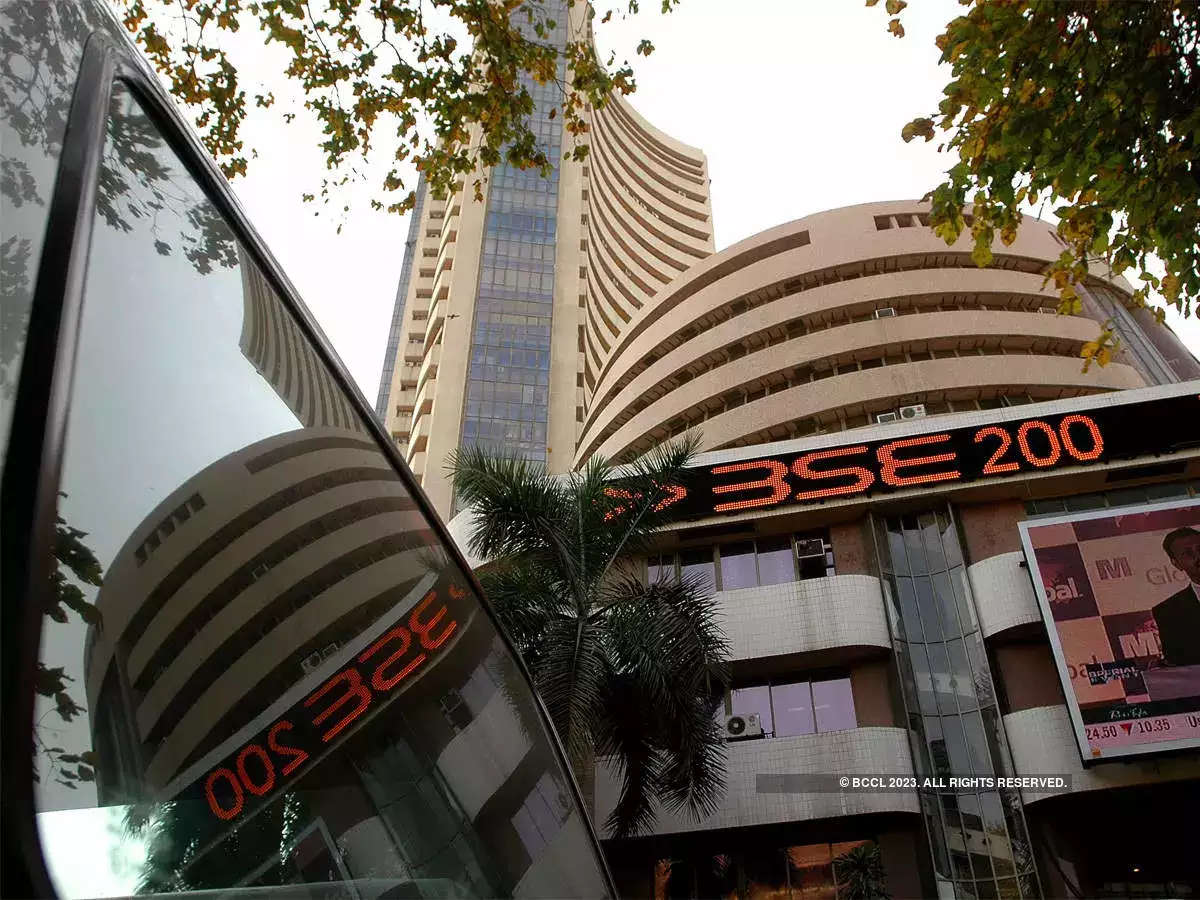Bombay Stock Exchange (BSE) has experienced a significant rise in share prices, with values tripling from the previous year. In October 2020, the stock exchange’s shares were valued at Rs 611, but they have since surged to Rs 1804 this year. The primary driver behind this surge is the increase in derivative volumes. BSE has successfully established itself in the equity index options segment, experiencing substantial growth in volume and improved pricing. The company is also expected to see further progress through the introduction of new products and distribution channels. However, equity strategists warn about potential risks associated with adverse regulatory changes.
ICICI Securities, a leading brokerage firm, has downgraded the stock and revised the target price of BSE Limited to Rs 1,799 per share.
One important factor contributing to BSE’s success is the changes implemented in April 2023 to its index derivatives product. These changes included reducing the ticket size and introducing Friday expiry. As a result, BSE options volumes, which were previously insignificant between January and May, have now surpassed Rs 26 trillion (ADTV on a notional basis) in September. The average daily trading volume for BSE options in September accounted for approximately 8% of NSE’s volume. Furthermore, on October 13, BSE’s options volume exceeded that of NSE’s for the first time. Additionally, BSE revised its transaction charges from Rs 50/mn to Rs 260/mn (weighted basis) effective from November 1, which is expected to contribute to increased revenue.
BSE has also witnessed a significant improvement in pricing, with transaction charges for index options increasing from Rs 50/mn to approximately Rs 260/mn on a weighted basis since November 1. This pricing adjustment is anticipated to generate higher revenue for BSE. According to projections based on the expected growth in options turnover, it is estimated that BSE’s option revenue will reach Rs 120 crore in FY24 and Rs 580 crore in FY25.
Furthermore, BSE is expected to strengthen its position in the equity index options segment. The company is likely to experience further growth through the introduction of new products such as Bankex and new distribution channels, as major brokerages are expected to incorporate BSE’s offerings. These developments indicate BSE’s increasing dominance in the Indian equity derivative market. However, it is crucial to acknowledge that adverse regulatory changes present a significant risk to the company’s future growth prospects.
In terms of BSE’s core business, excluding the options segment, the cash volumes reached Rs 5900 crore in September and are projected to be Rs 5400 crore in FY24 and Rs 6200 crore in FY25. Revenue from the cash segment is expected to amount to Rs 220 crore in FY24 and Rs 250 crore in FY25. On the other hand, the currency futures turnover is declining and is expected to remain relatively stagnant in FY24 and FY25, as indicated ICICI Securities.
Considering the estimated revenue from various segments, BSE’s EBITDA (earnings before interest, taxes, depreciation, and amortization) is projected to be Rs 430 crore in FY24 and Rs 400 crore in FY25, excluding options.

